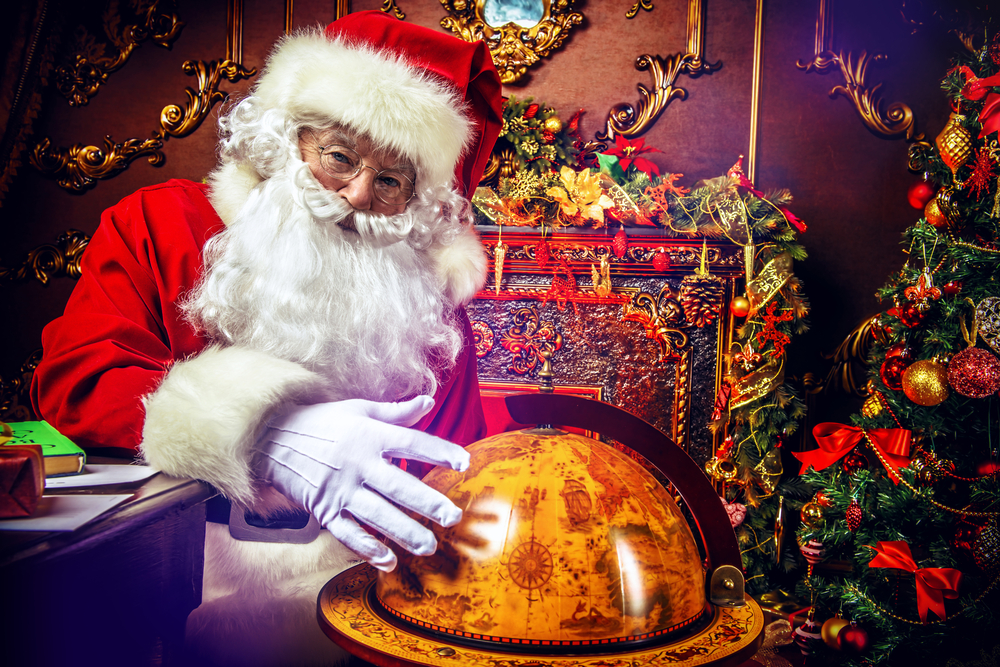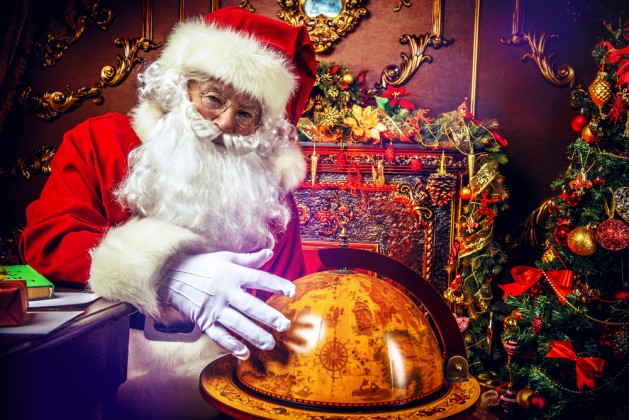
Christmas is one of the biggest, if not the biggest, holidays of the year. In America, children are familiar with the tradition of setting out cookies and milk for Santa Clause, and in exchange, he will leave presents under their Christmas tree. But only if the children were good that year; naughty children get lumps of coal. It is also associated with a big family meal, Christmas parties, kissing under the mistletoe, and caroling through neighborhoods. Religious people may attend a candlelight Christmas Eve service, as well, to celebrate the birth of Jesus Christ.
However, America is not the only country that enjoys celebrating Christmas. Cultures all over the world participate in traditions and customs to uniquely celebrate this day. Perhaps you could add it to your bucket list to witness a Christmas season in each of these places, and experience the magic of Christmas in a new way each year.
Australia
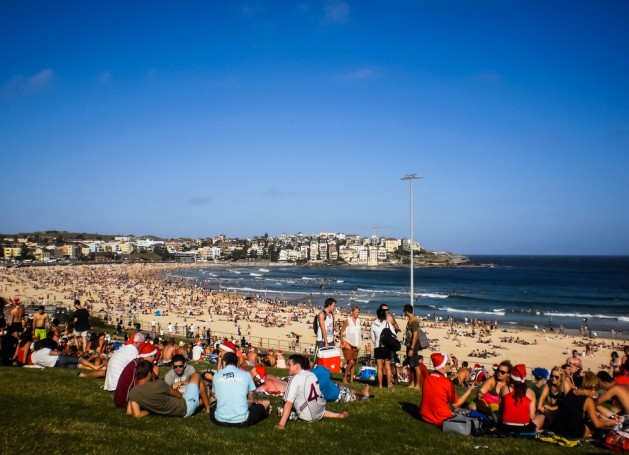
In the Down Under, Christmas comes in the middle of summer. Because of this, the celebrations will typically include a family barbecue and a day at the beach. They still participate in the exchanging of gifts, large meals, and an emphasis on family togetherness.
Russia
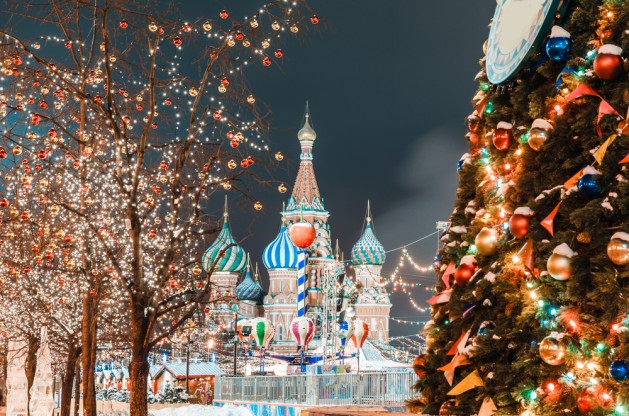
Christmas is celebrated on January 7th for the Russians, as according to the old-fashioned Julian calendar. The Orthodox Church in Russia insists on following this timeline. As such, people will fast from eating until Christmas Eve (some people for nearly 40 days) and say traditional prayers. On Christmas Day, there is a 12-course meal to represent the twelve disciples of Jesus.
Belgium
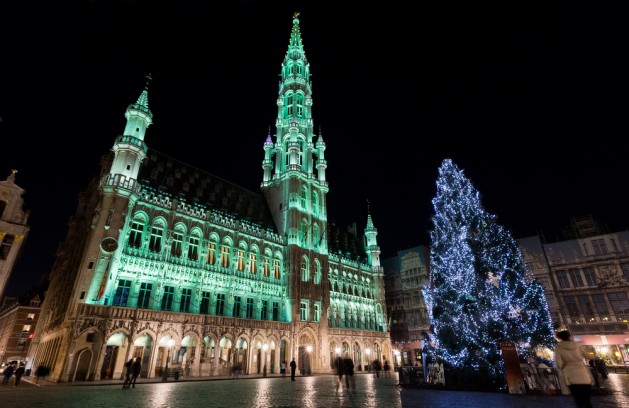
Children in Belgium believe in Saint Nicholas, who brings them presents on December 6th, or Saint Nicholas’ Day. Children will leave their shoes in front of the fireplace, as well as treats for Saint Nicholas’ horse and his assistant, Black Peter. Saint Nicholas will then leave children presents inside or next to their shoes while they’re asleep. On Christmas Eve, Belgian families will have a special meal together, including the traditional Christmas chocolate log. If presents are exchanged or Mass attended, it will happen on Christmas Eve, leaving Christmas Day purely for visiting family.
Mexico
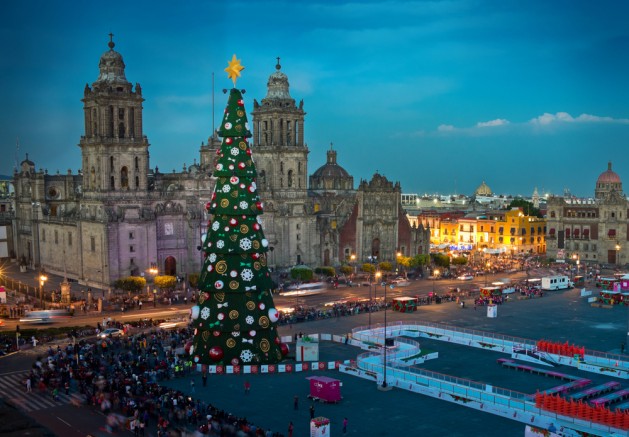
In Mexico, parents and children will participate in the Las Posadas processions. Each night from December 16 through 24, there will be a reenactment of Mary and Joseph searching for a place to stay. Two people will dress up as the main characters, and each night a different house will serve as the inn. Everyone will follow Mary and Joseph, singing songs and seeking lodging, as told in the biblical story. Once allowed lodging, a party will begin with music and food. Children are also given a seven pointed star pinata to break open each night, as a representation of the seven deadly sins. On the final night, a baby Jesus will be produced and the families will attend a midnight church service. Following the service, a fireworks display will announce the start of Christmas.
Greece
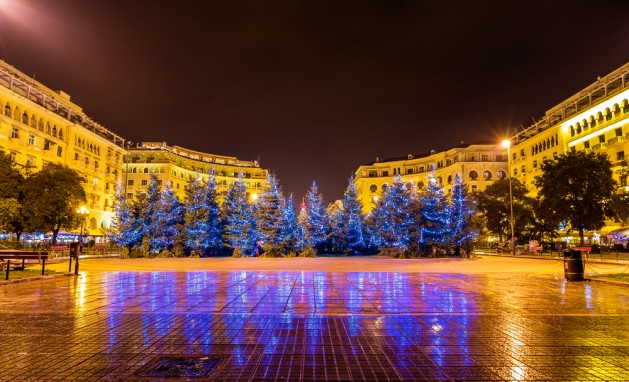
Children will sing carols in the streets on Christmas Eve, and may be rewarded with money or sweets if the neighbors are feeling generous. Drums or triangles may also be used to accompany the singing. An old tradition for Greece is to have a shallow wooden bowl, and then a wooden cross is wrapped in basil and hangs from a piece of wire across the rim of the bowl. A person residing in that house will dip the cross and basil in holy water and sprinkle it in each room to keep the bad spirits away. They also may burn a fire for the twelve days of Christmas to keep the bad spirits out, as well.
Ireland
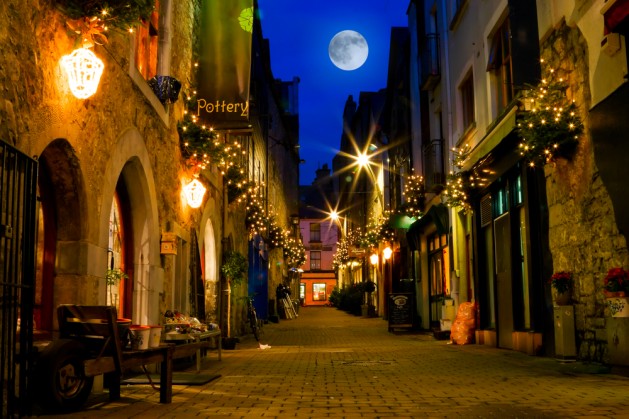
Instead of cookies and milk, children will leave mince pies and a pint of Guinness out for Santa. An older tradition is to place a large, thick candle on the sill of your largest window on Christmas Eve. It is meant to be a welcoming light for the weary travelers, Mary and Joseph. The candle burns all night long.
Czech Republic
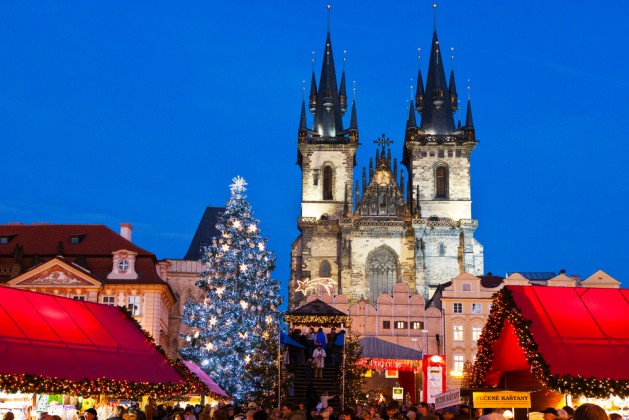
Here, the Christmas tree is kept in a separate room from where the meals are held. On Christmas Eve, Little Jesus will come and put presents under the tree while the family is eating dinner. When the children hear the doorbell ring, that means that Little Jesus has left and they are free to open their presents. It is also said that if a single woman goes outside, puts her back to the house, and throws her shoe over her shoulder, it will determine whether or not she’ll be married soon. The rule is this: if the heel of the shoe points toward the door, she’ll remain single another year; if the toe of the shoe points toward the door, she should move out because wedding bells are in her future!
Sweden
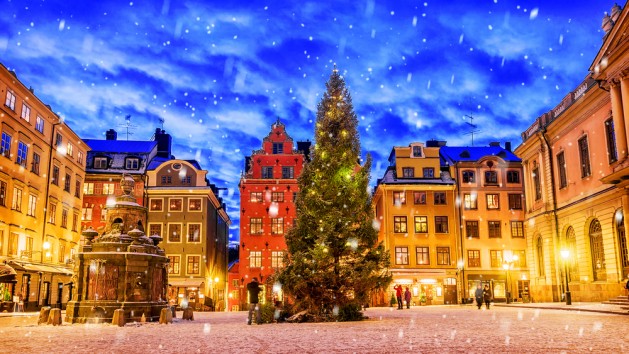
In one town in Sweden, Gavle, the people erect a giant straw goat every year on the first day of Advent. The goat then becomes a target for vandals, who make it their mission to destroy the goat before Christmas arrives. These hoodlums will disguise themselves as Santa or his elves in order to sneak in and vandalize the goat. 2016 is its 50th year for this tradition, and this year the goat lasted two days before being burned down. Since its inception, the goat has lasted until Christmas about 10-12 times.
Norway
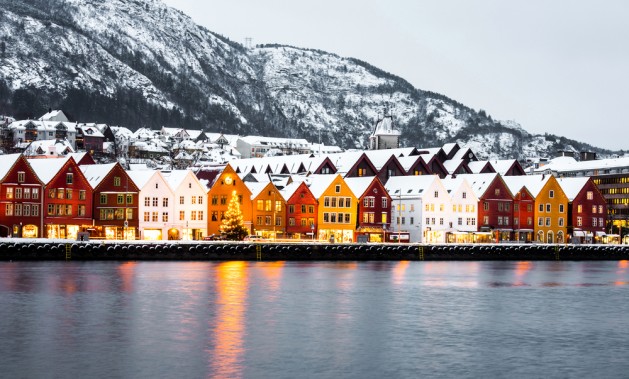
It is said that witches and evil spirits come out on Christmas Eve, so all brooms and similar items are hidden away. This is to ensure that the witches can’t use them for flying. Men will also stay up all night and fire shotguns into the air to scare away lurking witches or spirits. Each year, Norway will gift the UK with a Christmas tree, as a continuous “thank you” for the help Norway received during WWII.
Japan

Did you know that in Japan, the traditional Christmas dinner is KFC (Kentucky Fried Chicken)? You need to make a reservation in advance if you want to eat there for the holidays. It’s also not considered a national holiday, so businesses and restaurants are still open on December 25th.

